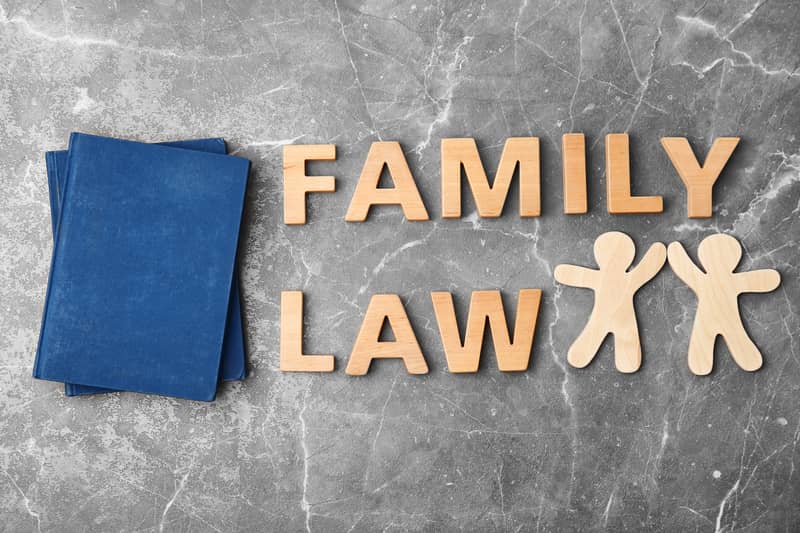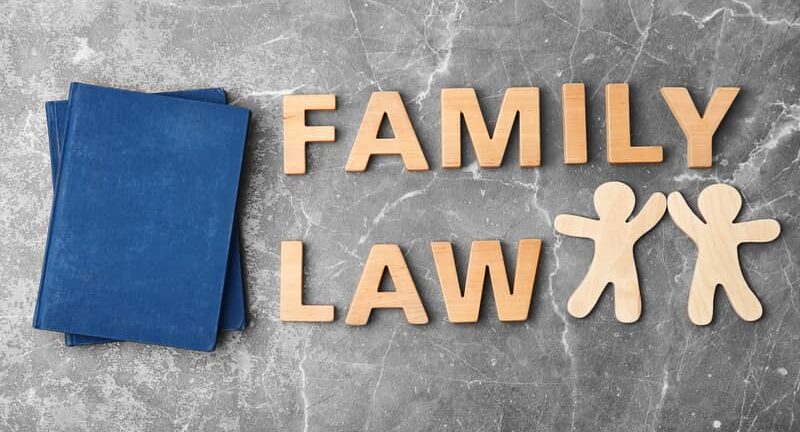
The doctrine of Equitable Adoption is a judicially created “equitable” remedy that may, under very narrow circumstances, recognize a parent-child relationship in the absence of formal legal adoption.
recognize a parent-child relationship in the absence of formal legal adoption.
Under the doctrine, inheritance rights may apply as a matter of equity when and if the child’s parents die intestate and those parents intended to but failed to formally perform a legal adoption before passing away.
Such claims are closely scrutinized and rarely applied under the NC Adoption Laws – Bill Powers, Charlotte Family Law Attorney
The essential elements of the doctrine include consideration of things such as:
- Whether there was an agreement, implied or express, to adopt a child; and,
- Whether such agreement is relied upon; and,
- The natural parents’ performance in surrendering/giving up custody; and,
- The performance of the child, while living with the foster parents, and whether she or he (the child) acts as the foster parents’ child; and,
- Foster parents’ partial performance in taking the child at issue into the home and treating such child as their own;
- Whether or not the Foster Parent had a Will (intestacy).
North Carolina Law on Equitable Adoption
The NC Supreme Court in 1997 acknowledged the doctrine for the first and only time in Lankford v. Wright.
In Lankford, the biological mother gave birth to a child, but shortly after entered into a written agreement with her neighbors, to raise and adopt her.
What is Equitable Distribution?
The foster parents held her out as their child publicly in all respects. Unfortunately, they died without a valid will, thus seemingly making the NC Law of Intestate Succession applicable.
The NC intestacy statute applied, ostensibly preventing the Petitioner from receiving anything from the people she thought of as her mother and father.
The Petitioner sought a Declaratory Judgment regarding her status and rights of an alleged heir of the related estate.
The North Carolina Supreme Court granted Petitioner’s petition and sought to answer the question of whether the Doctrine of Equitable Adoption recognizes inheritance rights of a non-formally adopted child whose foster parents died intestate.
The Supreme Court created legal standing that had never before been recognized under either the Common Law or by the statute. Given the long history of North Carolina, that is truly remarkable – Bill Powers, Charlotte Family Law Lawyer
In so doing, the Court specifically limited the applicability of the doctrine to circumstances when a child was supposed to be adopted but the foster adoptive parents failed to formalize the adoption prior to their death.
The Court, attempting to narrow its opinion and creating new law, added that the doctrine “is limited to facts comparable to those presented” for “claims made by an equitably adopted child against the estate of the foster parent.”
Will the Doctrine of Equitable Adoption be expanded?
Probably not, at least not by the North Carolina Court of Appeals.
If appealed further, the NC Supreme Court may be asked to expand the application of the Equitable Adoption in Shearin v. Brown.
That doesn’t seem very likely given the fact-pattern in Shearin.
That matter involves a granddaughter seeking to be declared an heir of her biological—but not legal—grandfather.
Following her father’s death, Petitioner became very close with her biological grandfather, who publicly expressed to her an intention that she receive his assets someday.
The decedent passed away, intestate.
His obituary identified his biological granddaughter, the Petitioner, as his only grandchild.
The issue arose when a distant relative of the decedent applied for letters of administration for his estate and listed himself and a few others as the sole heirs to the Estate, rather than the biological granddaughter.
At the trial court, Petitioner claimed that she was the sole heir under North Carolina’s intestacy statutes by virtue of alleged equitable adoption of her father.
The Court in Sherin found, as a matter of law, the facts of the case at hand did not support a finding that Equitable Adoption should apply.
On appeal, Petitioner requested that the Court enlarge or otherwise expand the legal theory established in Lankford to allow for an adult to benefit under the theory of Equitable Adoption.
The NC Court of Appeals found in favor of Respondents citing the narrow application of the Lankford holding and the Court’s lack of “authority to redraw the boundaries of the doctrine as delineated in that decision.”
As the Court noted, the facts as presented did not show the Petitioner was taken into the home, as a minor, by the foster parent.
Tips from Charlotte Divorce Lawyers
The Petitioner was not raised by the foster parents from childhood, acting as if such child was a legally adopted son.
The Supreme Court in Lankford emphasized, the remedy is limited in instances to protect someone who was supposed to have been adopted by the foster parents.
The Court of Appeals further distinguished the Shearin case by stating that the majority of jurisdictions in the US that recognize equitable adoption have limited its application to claims made by an equitably adopted child against the estate of the foster parents, not the heir of an alleged equitably adopted child.
Related Posts
Equitable Adoption in North Carolina
The doctrine of Equitable Adoption is a judicially created “equitable” remedy...
Charlotte Child Custody and Contempt of Court
The North Carolina Court of Appeals ruled this week on a longstanding Charlotte...

